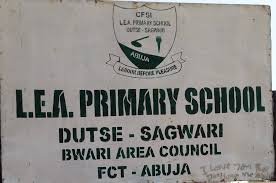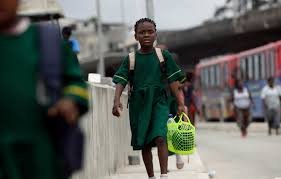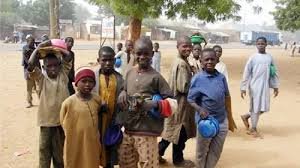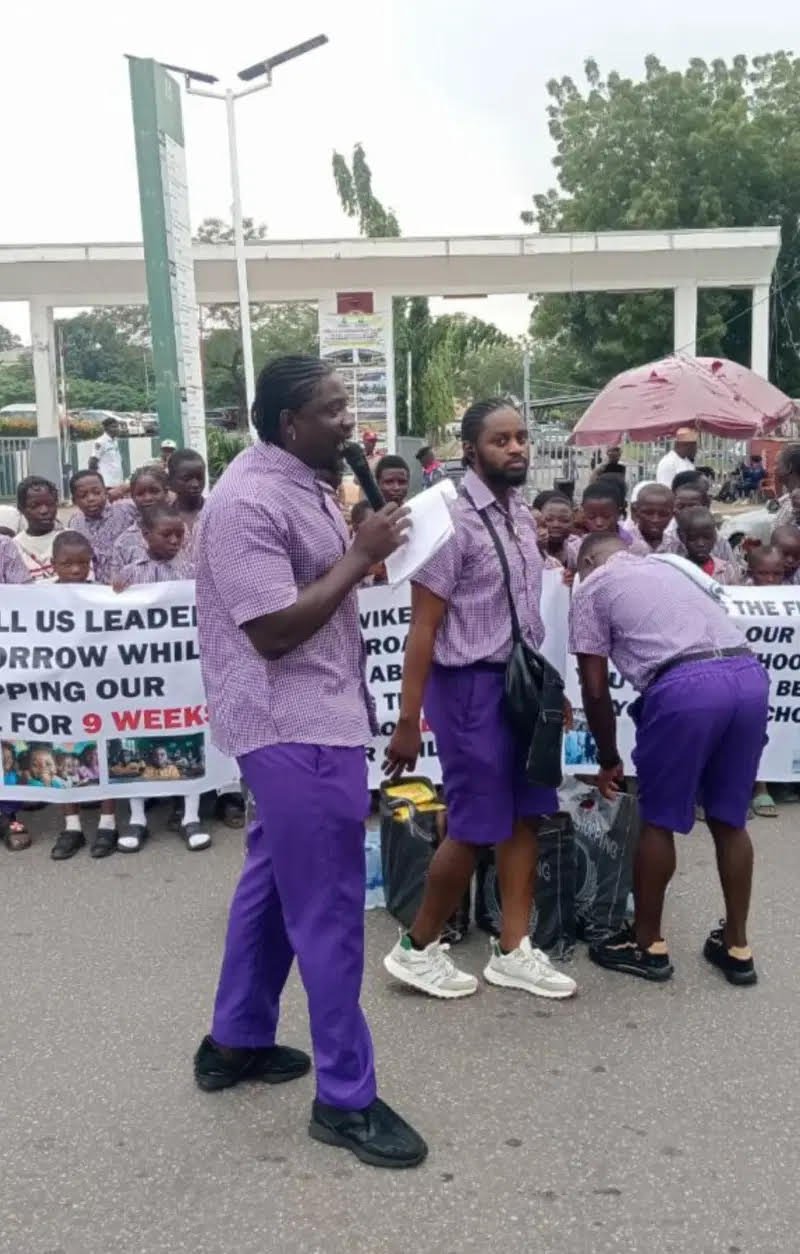Unless urgent interventions by the administration of the Federal Capital Territory FCTA, to salvage an already bad situation, Nigeria will in no distant time make do with mediocrity for her future leaders, with yawning education gaps, and as children in the FCT face indefinite closure of their schools due to strike embarked by their teachers.
As of last week, Juliet Jacob in this special report recounted that the teachers’ strike entered 100 days, yet, remained unsolved. Unfortunately, the prolonged strike has started taking toll on FCT’s primary school children, she emphasised, noting that NUT, NULGE, NLC, Traditional Rulers have become too weak to make the needful interventions. So, for the children, returning to school soon remains forlorn hope.
A System in Collapse

Primary education, often described as the foundation of a child’s learning journey, is under siege in Nigeria’s Federal Capital Territory (FCT). Over 90 days since primary school teachers embarked on an indefinite strike over unpaid salaries, thousands of schoolchildren have been left stranded—stripped of their right to learn, to hope, and to dream.
According to UNICEF, approximately 10.5 million Nigerian children aged 5–14 are not in school. A staggering 12.4 million have never attended, and 5.9 million dropped out early. Now, in the very heart of Nigeria’s capital, that grim statistic is deepening.

For many children, the dream of becoming a doctor, engineer, or teacher is being replaced with hawking on the streets. The government’s failure to resolve the crisis has shifted the dreams of these children—crushing their hopes under the weight of political apathy and systemic neglect.
Children Speak: “I Want to Go Back to School”
During a protest led by activist Martins Vincent Otse, popularly known as VeryDarkMan (VDM), several children expressed heartbreaking testimonies about how the strike has derailed their futures.
Interview by Africa Health Report:
Emmanuel, a pupil from Government Primary School, Dutse:

“We’ve been on strike since before Easter. My dad is dead. My mum can’t afford to move me to a private school. I miss school. I really want to go back. I can’t wait for us to resume.”
Ali, from Bwari Area Council:
“My dad is a trader. For the past three months, I’ve been hawking tomatoes and pepper with him. I’m really tired. I want to go back to school. I hope the government pays the teachers so we can return to class.”

These children are not alone. Hundreds more, wearing worn uniforms and backpacks filled only with fading dreams, gathered before the gates of FCT Minister Nyesom Wike to take part in VDM’s protest. There, under the blistering sun, they learned rhymes in protest:
“S for Suegbe, T for Tinubu, W for Wike.”
A Protest at the Minister’s Gate
On Monday, VDM began conducting informal lessons at the gates of the FCT Minister, symbolising the failure of the government to uphold the most basic right of its citizens—education. Clad in purple-check uniforms, children repeated rhymes and read aloud, most of them unable to spell or identify basic letters of the alphabet.
VDM gave the FCT Administration a seven-day ultimatum to resolve the crisis, warning of escalated protests if children remain out of school.
“We will invite students from the whole FCT if they don’t act. We want Wike to see. Maybe he has forgotten. He’s too busy planning for the 2027 election to notice what’s happening to our children.”
The Teachers’ Plight: “We’re Desperate Too”

The teachers themselves say they’re heartbroken—but they must survive.
Interview by Africa Health Report:
Anonymous teacher, Government Primary School, Duste Makaranta, Bwari:
“We love our students, but we haven’t been paid. I heard Wike released the funds, but the Area Council Chairmen are sitting on it. Last time we resumed, they promised to pay and lied. We’re back on strike because we’ve been deceived too many times.”
“The government is silent. If their children were in public schools, this strike would’ve ended. But their children are either abroad or in expensive private schools.”

She added that she has even started advising desperate parents to try private schools if they can afford it—even though she knows most cannot.
Parents Speak Out: “We Are Helpless”
Parents in the Dutse Makaranta area of Bwari Area Council voiced frustration and sorrow over their children’s stagnated education.
Mrs. Hauwa Abdullahi, a widow with three children:
“My son used to be top of his class. Now, he’s forgetting everything. He helps me sell groundnuts just so we can eat. I can’t afford private school fees. It’s like the government has abandoned us.”
Mr. Musa Ibrahim, a security guard in the area:
“This is Tinubu’s (President Tinubu) backyard, yet our children don’t have access to school. If they can’t fix education here, what hope is there for others? They’ve killed our children’s dreams.”
Government’s Response: A Blame Game
Responding to the protest, Bitrus Garki, Mandate Secretary of the Area Councils Services Secretariat, admitted the strike is the responsibility of the local councils.
“The FCT administration has intervened, but the Area Councils are autonomous. We’re working closely with them and other stakeholders—including NUT, NULGE, NLC, and traditional rulers—to resolve this. But I can’t give a timeline.”
This ambiguous response has done little to reassure children, parents, or teachers. As the June 19 ultimatum from the Nigeria Labour Congress (NLC) approaches, the silence from FCT Minister Wike and Area Council Chairmen remains deafening.
What is the Failure?
The failure is that Nigeria’s capital, the seat of power, cannot guarantee basic education to its youngest citizens.
The failure is that children—once eager to become doctors and teachers—now roam markets hawking sachet water and tomatoes.
The failure is that the system designed to protect and nurture them is instead eroding their potential.
As one protester put it:
“The child who wanted to become a doctor will end up a street girl. That’s the reality.”
Conclusion: A Call to Act, Not Just Reflect
The prolonged strike is more than a labour dispute—it is a humanitarian failure. It is costing children their future and forcing parents into impossible choices.
The FCT government must act—immediately. The Area Council Chairmen must release the funds and end the impasse. The Minister must lead, not defer responsibility. And Nigerians must demand accountability, not platitudes.
If education is truly the foundation of a nation, then right now, Nigeria is burying that foundation—and with it, the dreams of its most vulnerable citizens.



